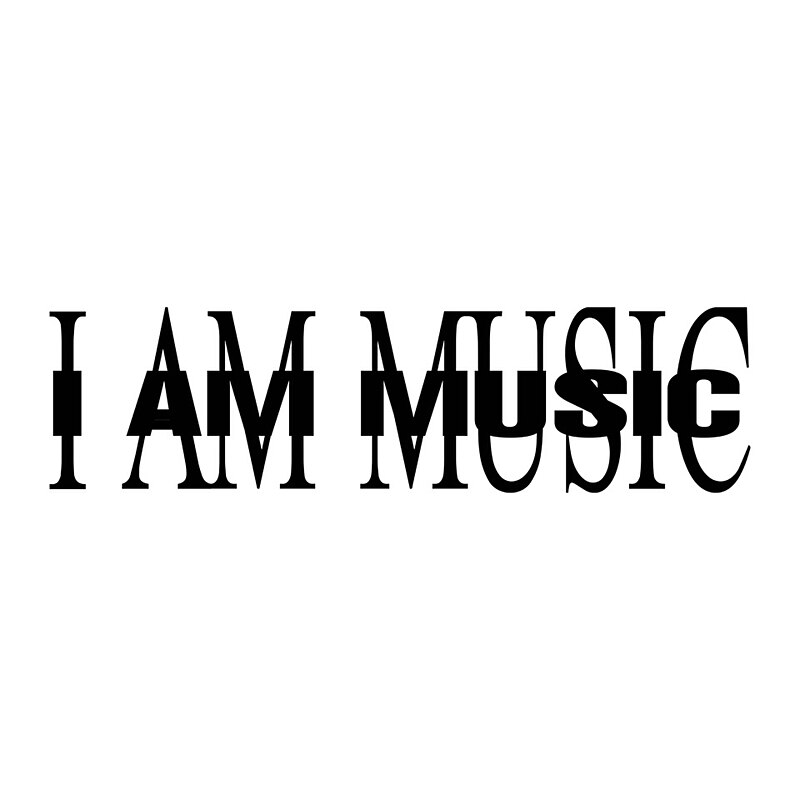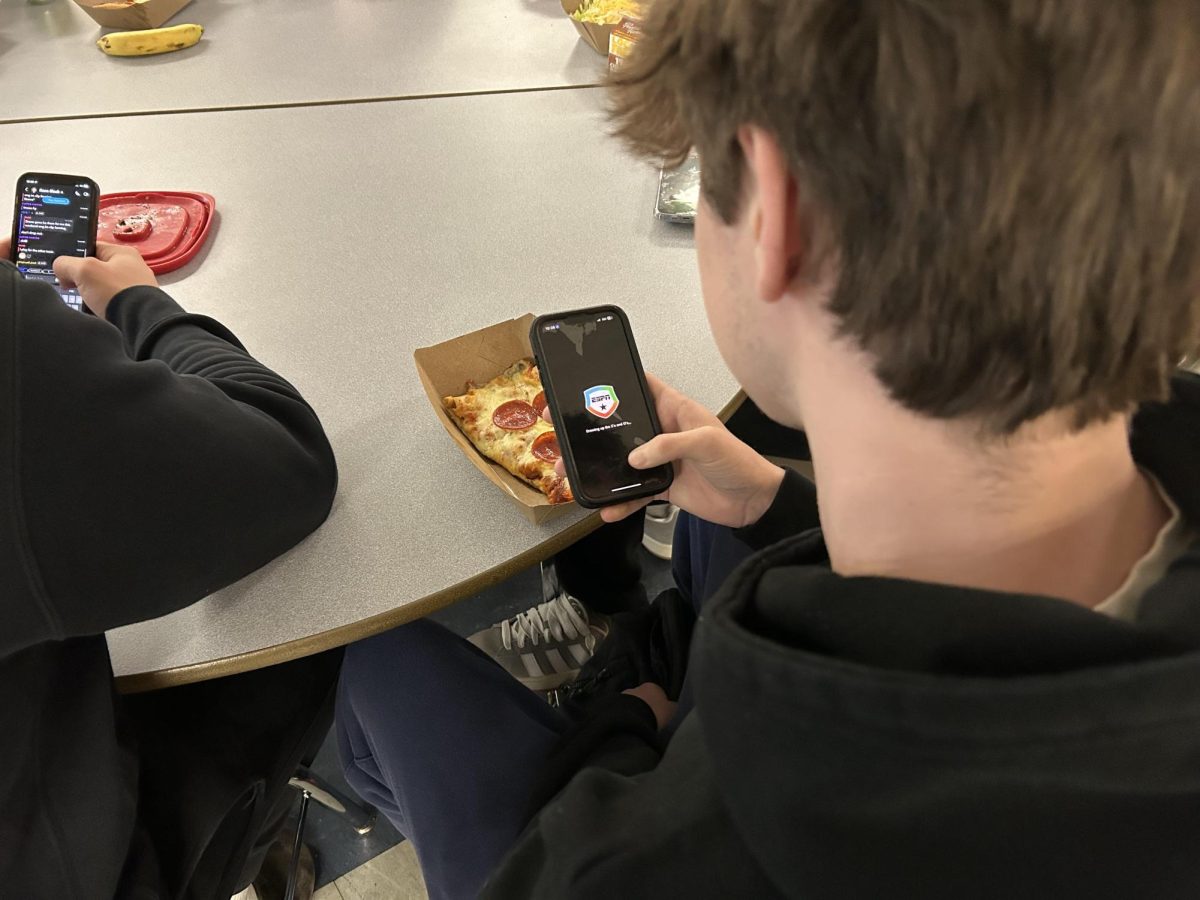 Calculus, while it is generally an easy class to complain about, is also one of the most useful classes later in life. The work is long and hard, the problems are tedious and it doesn’t seem to have any real life application.
Calculus, while it is generally an easy class to complain about, is also one of the most useful classes later in life. The work is long and hard, the problems are tedious and it doesn’t seem to have any real life application.
In what situation will the typical high school student need to know the fourth derivative of a long equation at a specific point? The short answer, they won’t. Regardless, math is applicable, but it’s really easy to say it’s not.
Samantha Maxwell, who teaches algebra, personal finance, and pre-calculus, said, “You need [math] skills to be successful later in life,” but when asked about the math itself and its usefulness and application she said it would only help those who are, “math minded with a future in math in mind.”
Maxwell also stated that she would enjoy seeing some new math-related alternatives added for students.
Other teachers, such as Randy Rowe, who teaches geometry, statistics and AP Stats said, “We use [math] everyday, we just refuse to see it.”
Rowe agrees that exposure is very important in a high school environment.
However, Inside Higher Ed disagrees with the usefulness of math taught in schools and claims that over half of the students who initially decided to go into math as their chosen major when starting college eventually switched to something else.
The name “Inside Higher Ed” might not mean anything to you, but with almost three million total views and based in Washington, they compete with other medium-sized news outlets. Above all of that, it’s also just a website which will tell you how unnecessary mathematics are in your education. They also aren’t the only ones, all you have to do is listen and you will hear people complain about how irrelevant their math homework is, or how nothing they do in class matters.
Since elementary school, we have had calculators placed in our pockets that give us access to an entire universe of information and every possible formula math could ever have, so then why do we learn math in school? A relatively large website, the other students in the class, and even sometimes the teachers themselves will tell you that this type of math won’t be applicable beyond school.
While the math aspect of the lesson itself isn’t always applicable in our daily lives, there is something behind the scenes working its way into your brain: an entirely useful lesson. This is a lesson which allows you to do your taxes without digital accountants or find your yards area. Sometimes, even if you do find a calculator that can set up all the equations for you, it’s still possible to mess up unless you have the one real tool math gives you.
You can order on Amazon for $9.99, “The World’s Smallest Tool Kit,” which comes equipped with a measuring tape, a flathead and a Philips, but outside of Amazon lies an even smaller tool kit, one with only one tool: reasoning.
“Inside Higher Ed” is quite popular, but not nearly as popular as some of the teachers we have at Loy Norrix. Adam Hosler, who teaches algebra and both pre calculus and AP Calculus, also teaches his students how to reason.
“Math allows us to reason logically and think things through,” Hosler continued, “the higher the level you can succeed at is important for exposure.”
This adds another aspect to the teaching of math in schools–exposure. Many students aren’t sure if they have any idea as to what they want to be, and exposure to different subjects allows them to try new fields before any decision is made.
We learn math not just to give a proper tip to the waiter or find out how much time it will take us to get to school if we stop for a doughnut, but so that we can reason with what makes sense and explain events to the people around us and to ourselves. Math isn’t about what, but why.
Categories:
Calculus is About Change
December 21, 2018
0
More to Discover







